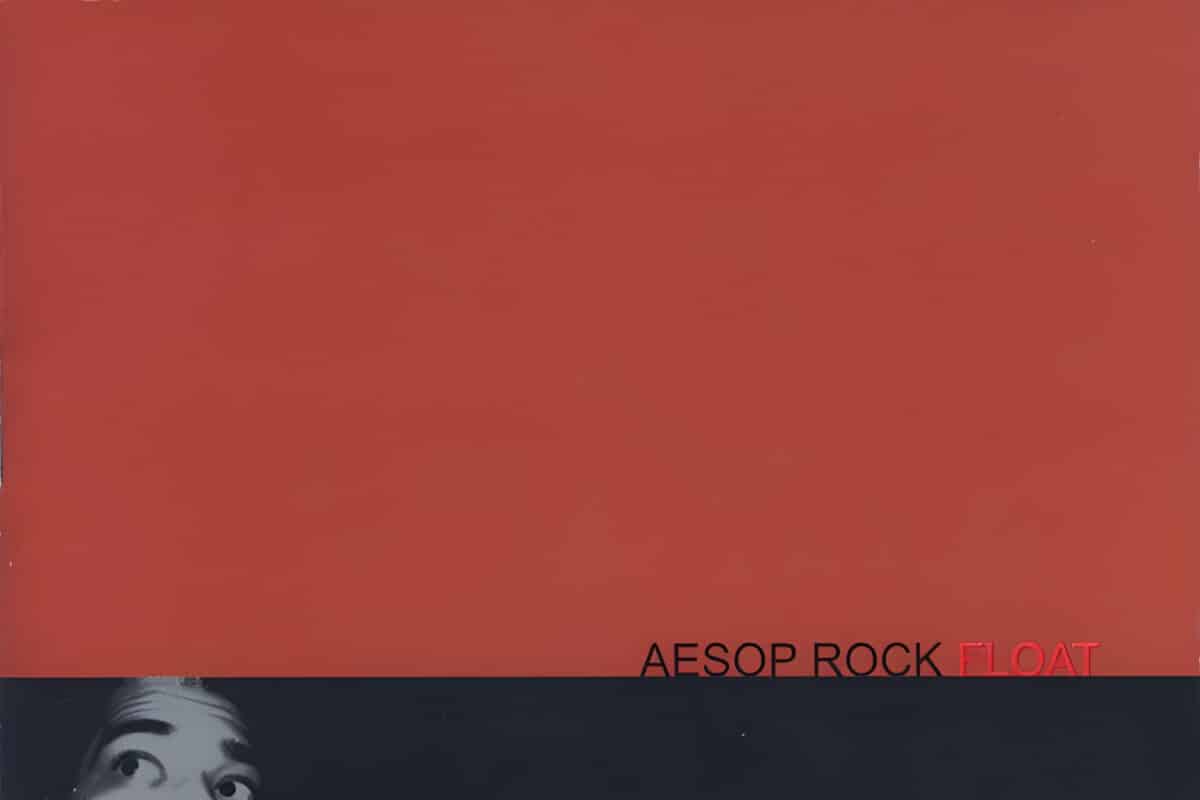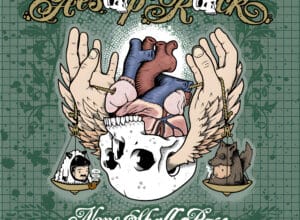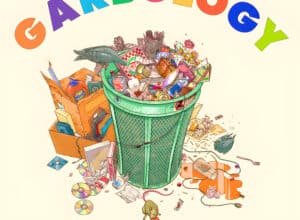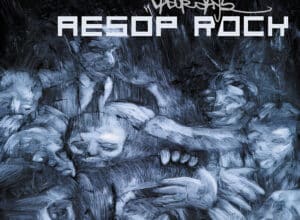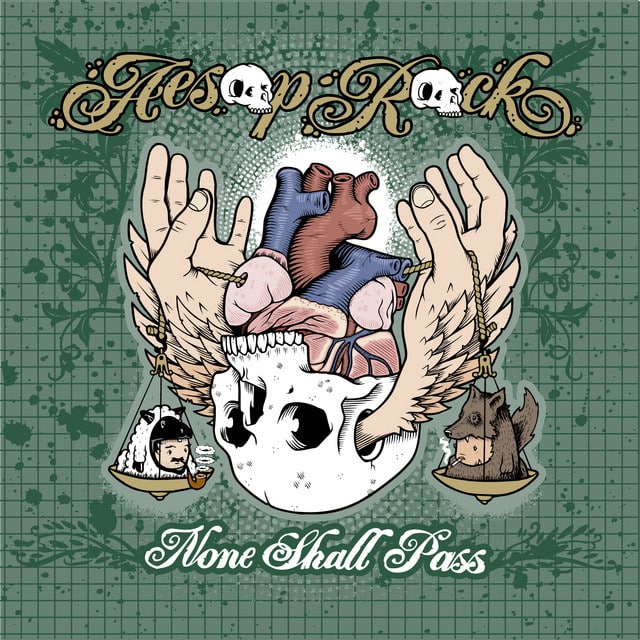Released: 2012
“Big Bang” by Aesop Rock is a dense, multi-layered narrative wrapped in complex imagery and intricate wordplay. At its core, the song explores themes of personal growth, societal struggle, and the quest for significance, using a mix of abstract concepts and real-world allusions. Aesop Rock crafts a portrait of an individual wrestling with identity and purpose against the backdrop of broader societal challenges, always with his signature abstract lyrical style.
The hook of the song, repeated several times, speaks to a longing for impact and recognition—”I wanna be a big bang, gotta be, never bottle me up in a probably, I wanna see or hear a ‘Yes sir’, sir.” Here, Aesop Rock is expressing a desire for his efforts to culminate in something monumental and undeniable, something not confined by uncertainty (‘probably’). The ‘big bang’ symbolizes both an explosive impact and a genesis of sorts, implying a beginning or breakthrough of significant consequence.
Opening with an almost mythological framework, “this is the dawning of the book of bitter aspects,” Aesop Rock sets the stage for an introspective exploration. The phrase “bitter aspects” hints at harsh truths or realizations about oneself or society. He introduces a setting filled with jackals and pedigods, painting a world fraught with challenges, illusions, and perhaps betrayals, establishing a somber tone right from the get-go.
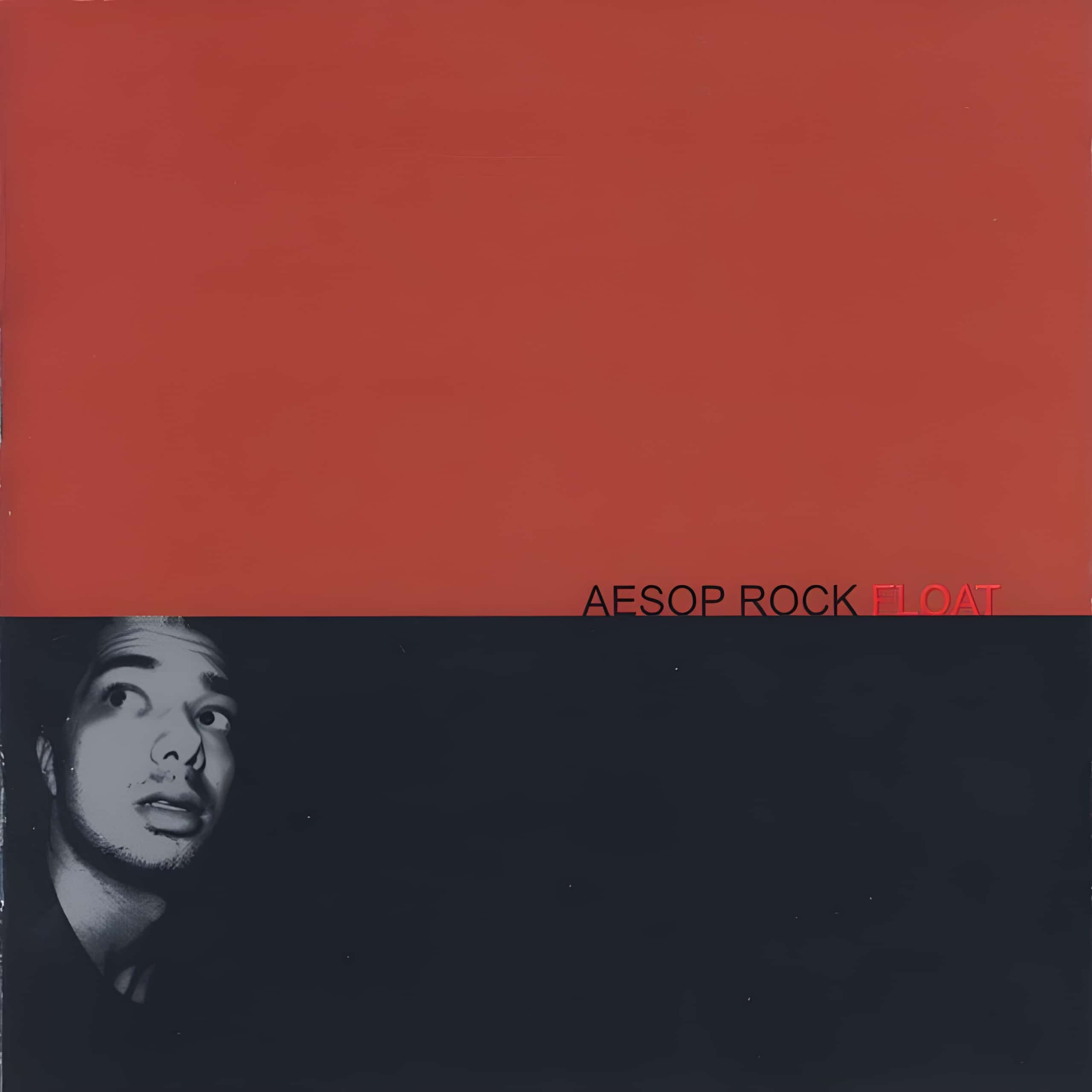
He then reflects on the inevitability of responsibilities and limitations with “every man’s got a field to plow… but it’s like, man, I really can’t afford the oxen.” This line signifies the burdens we all carry—responsibilities that feel unattainable due to lack of resources, which could metaphorically imply either material or spiritual deficits. “Fe fi etcetera” pulls in a cultural reference from “Jack and the Beanstalk,” symbolizing imminent danger or looming threats, like a debt collector.
In another verse, he introduces vivid imagery of a marriage of “the open sore and festering,” likely alluding to situations where problems compound over time, becoming even more toxic or entrenched. The imagery here evokes a visceral sense of ongoing decay or inevitable corruption, suggesting that sometimes attempts at solutions or reconciliations only exacerbate underlying issues.
The juxtaposition of aim in “I rock ready, aim, fire, while ya’ll rock ready, fire, aim” captures a critique of impulsiveness and poor planning. Aesop contrasts himself as deliberate and methodical, possibly critiquing those who act rashly without strategy, a reflection on societal or personal dynamics where intentions go awry.
He moves to themes of survival with “I’m just a survivor of the wooly mammoth population…” depicting himself as an anomaly, surviving against the odds in a hostile environment. This image aligns with his positioning as an outsider or someone not entirely integrated within society, illustrating both a literal survival and a metaphorical persistence in an unforgiving world.
In the final verses, he delves into personal fear and existential doubt—”I don’t really believe in God, but God, I’m scared to death of God.” This confession hints at an internal conflict between skepticism and fear, highlighting the struggle many face between rational thought and deeply ingrained fears or beliefs.
The song continues with references to identity, such as “Sorta solo sheep amidst wolves,” encapsulating the notion of vulnerability in a predatory environment. Aesop sees himself as different, maybe weaker or more isolated than the majority, yet within this he seeks strength and resilience.
Finally, Aesop’s lyricism emphasizes the quest for understanding and reconciliation with the self, despite challenges, represented through surreal and potent images like “blistering in a wishing well”—perhaps a symbol of hope that burns rather than soothes. In the end, “Big Bang” is both an internal dialogue and a social commentary, a powerful reflection on identity, aspiration, and existential contemplation.
